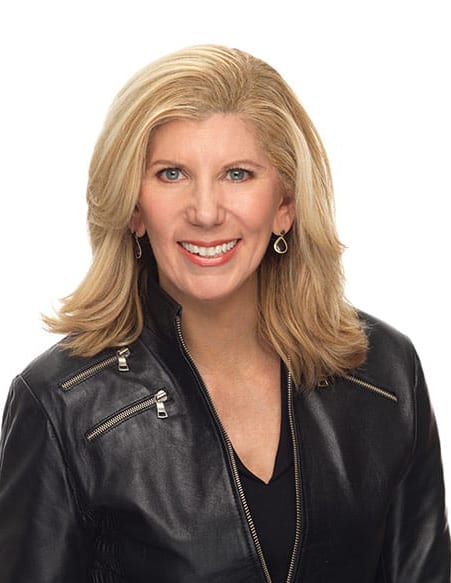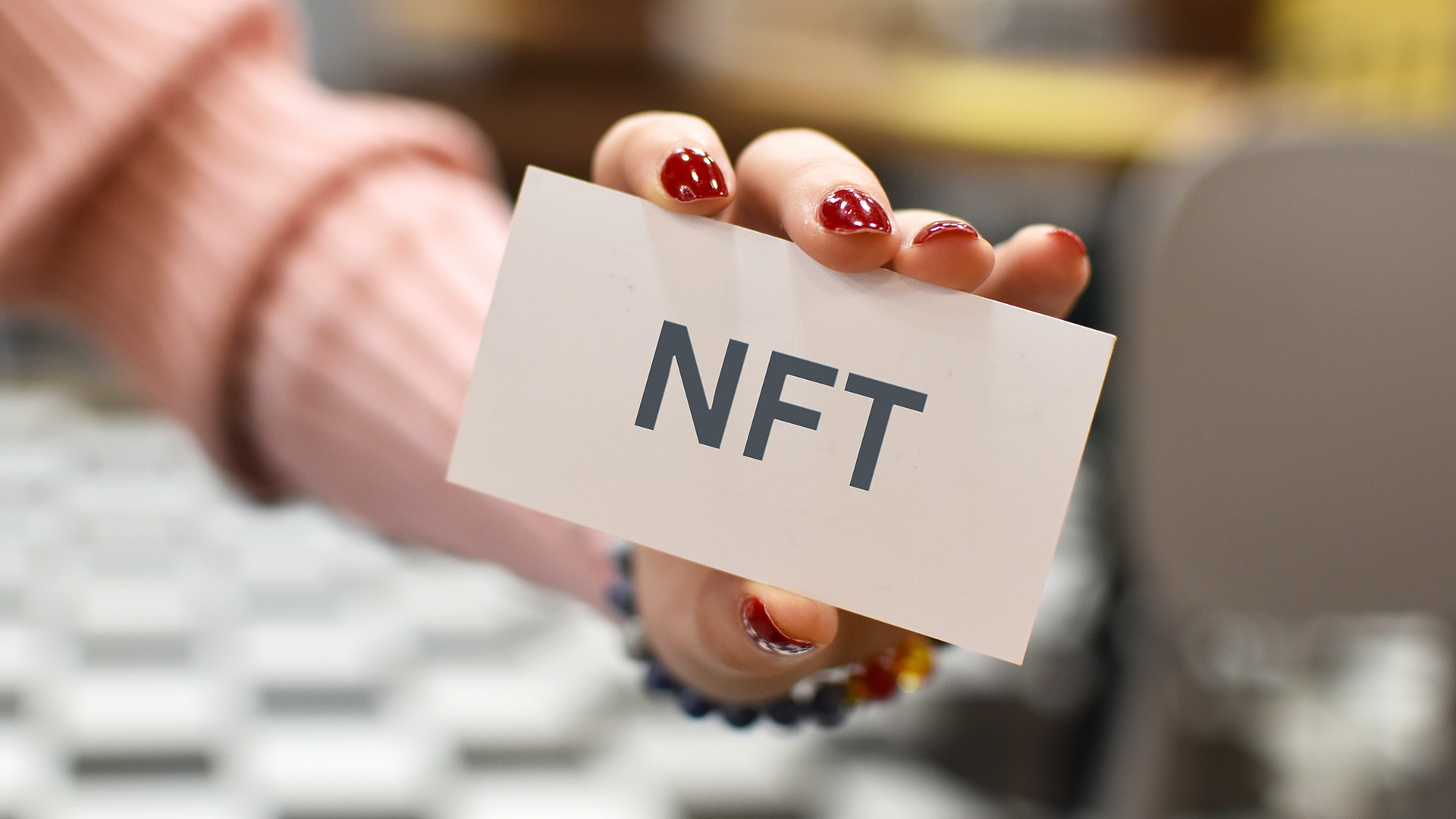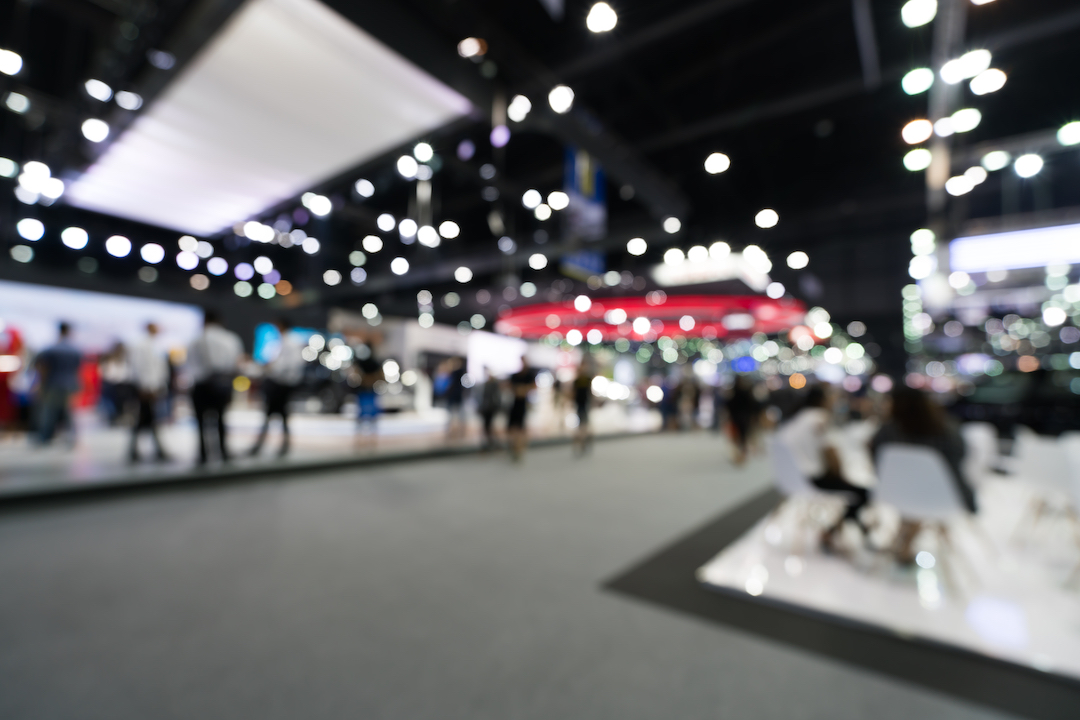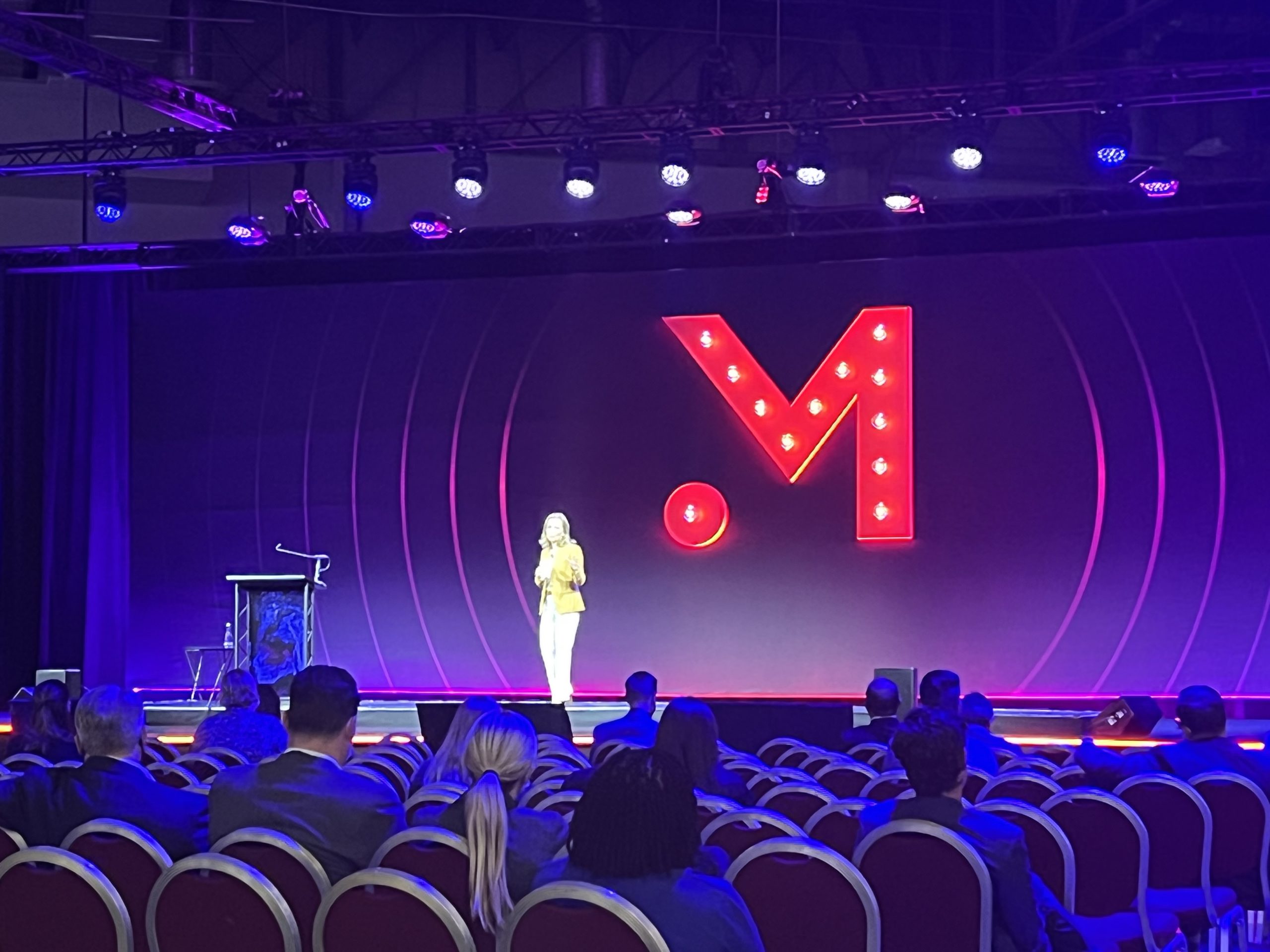There’s no doubt that big data and artificial intelligence (AI) are changing the face of employment as we know it. According to one recent study, 45 percent of jobs that currently exist in America are at risk of potential automation within the next 20 years.
For evidence, look no further than the autonomous vehicle – a technology we already see on our roads and that is commercially available today. Would it be so implausible to imagine a soon-to-be world without taxi and ride-sharing drivers, truck and delivery drivers, or ship and airline captains?
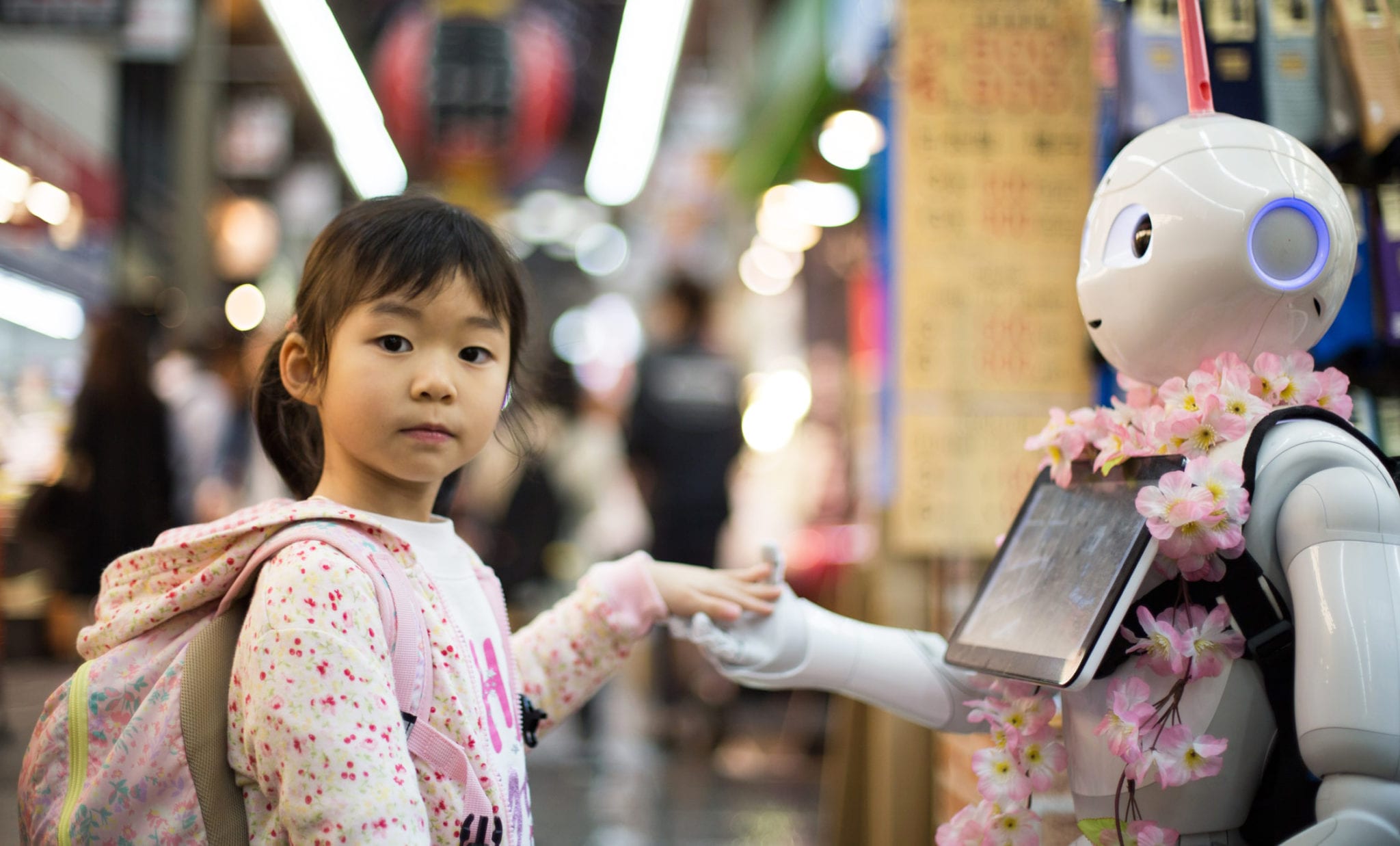
Few debate the profound impact advanced analytics, machine learning and related technologies will soon have on nearly every facet of our economy and, as a result, the way we work. Many would argue that the impact is already being felt.
But what about our industry – the business of content, influence and creativity. It’s easy to believe that creative jobs, roles we view as fundamentally human in nature, are safe from robots and AI, but machines have already proven they can handle certain aspects of these tasks as well. Back in 2015, NPR reporter Scott Horsley raced an AI program to write an article on a fast-food chain’s quarterly results. Horsley finished his article in a remarkably fast seven minutes flat, while the AI software, dubbed Wordsmith, completed the task in two. Many news outlets use AI today to put out factual information.
While there’s no doubt that data and AI will dramatically augment some of the more pedestrian tasks within PR and journalism, I believe true human creativity will remain a key business differentiator. In fact, I see it as an incredible talent growth area at Ketchum. Creativity boils down to human resonance, imagination and the ability to emote – to write, to think strategically and design campaigns with empathy and compassion, to understand what’s fundamentally human about any given product or service and share that with consumers in a way that provokes action.
Here’s why I believe PR is mostly safe from robots, for now…
Data is the fuel. Creativity is the engine.
I know many creatives who still prefer to follow their instincts rather than allow data to be their muse. Even more, some outright resent its imposition into their process: the left brain/right brain paradigm. This notion of data as constraint must change, and with an acknowledgment of the symbiotic relationship between data and creativity comes an evolution in an idea’s ability to affect change.
Data and AI have opened the floodgates of consumer sentiment. It has mapped out where the customer journey begins and ends – zeroing in on the optimal point to make a sale along the way. It has identified fringe-yet-powerful groups of loyal consumers and brand advocates. It has shined a light on user experience, preference and passion in the way they digest paid content. Not arming yourself with all that power and insight is industry suicide. Data will soon fuel nearly all creative ideation designed to provoke action and drive purchase.
Creative expression remains an intrinsically human pursuit.
We’d be naive to think machines can’t evolve to learn, and even master, their own version of creative expression. But I believe human creativity will always win the day over its computational counterpart. If anything, I imagine this wave of data and automation will free us all up to be more expressive and explore more creative pursuits in all facets of life. In business, we already see that Silicon Valley startups are hiring science-fiction writers as product developers and origami practitioners guiding the “folds” of retractable NASA solar panels and satellites. Technological and creative innovation are becoming more intrinsically linked, with the brightest creative ideas being born from data, and the most prolific technological advancements being born from creativity. We are so much more than imitation and memorization – we have an innate ability to perceive the world around us, with the capacity to use creativity to reinvent and express those experiences leading the way.
Perhaps the late, great Robin Williams (as Sean Maguire) said it best when exposing Matt Damon’s (as Will Hunting) singular weakness as a teen prodigy with little life experience in Good Will Hunting: “If I asked you about art you’d probably give me the skinny on every art book ever written… but you can’t tell me what it smells like in the Sistine Chapel.”
A version of this article can be found on PRWeek.com.
